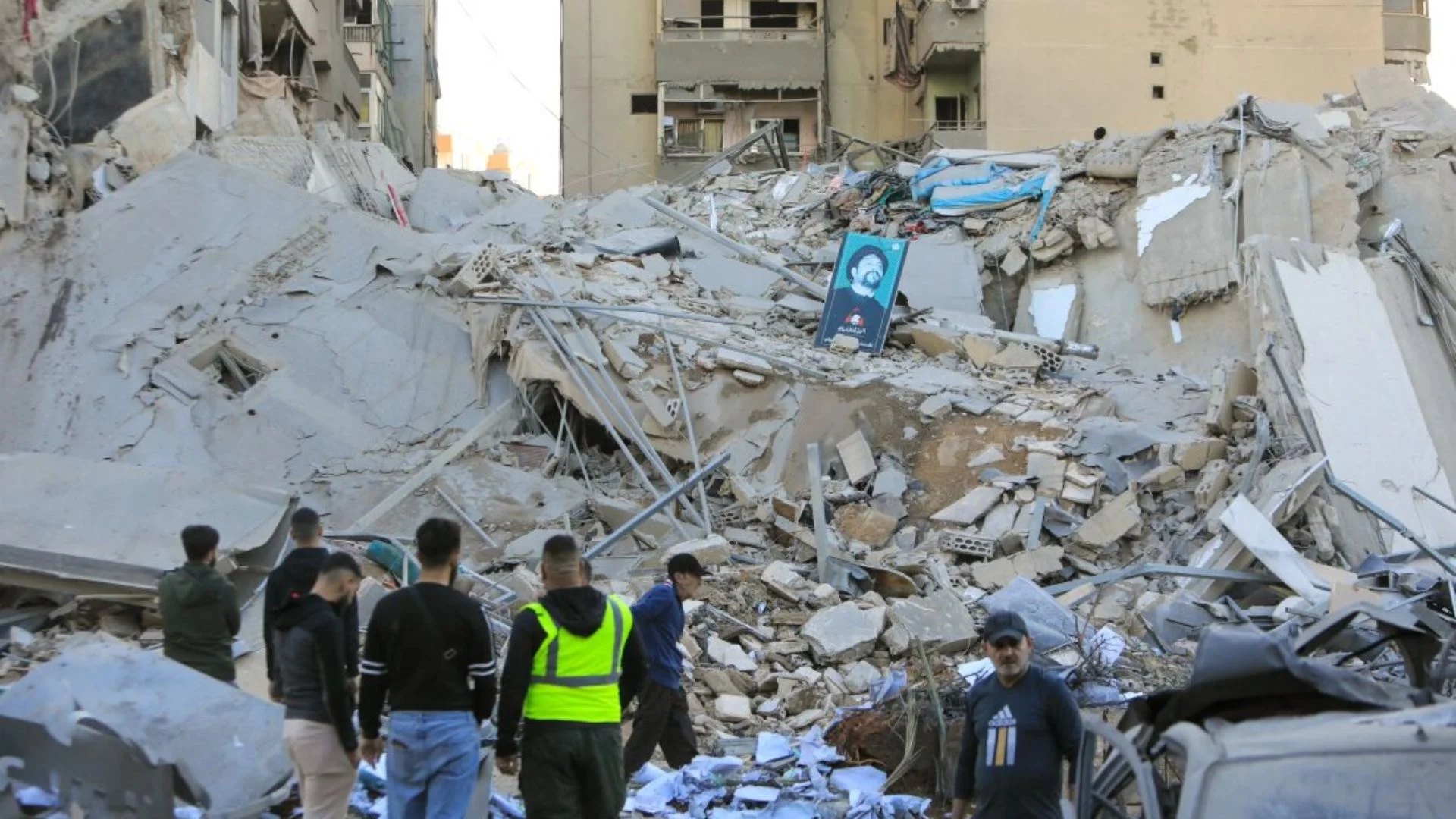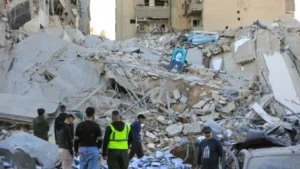In a strategic move to undermine Hezbollah’s financial infrastructure, Israel recently launched precision airstrikes against multiple branches of Al-Qard Al-Hassan (AQAH), a financial institution linked to the Iran-backed militant group. The strikes took place across Beirut’s southern suburbs, southern Lebanon, and the northeastern Beqaa Valley, all known strongholds of Hezbollah. The Israeli Defense Forces (IDF) confirmed that at least 11 branches of AQAH were targeted, reflecting Israel’s ongoing campaign to disrupt Hezbollah’s funding capabilities.
Understanding Al-Qard Al-Hassan
Founded in 1983, Al-Qard Al-Hassan, meaning “the benevolent loan,” presents itself as a charitable organization operating under Islamic finance principles, which prohibit charging interest. Its primary goal is to provide interest-free loans, particularly to Lebanon’s Shiite population, many of whom align with Hezbollah. AQAH extends loans against collateral like gold or jewelry, filling a critical financial void for a Lebanese populace grappling with a deteriorating economy.
With approximately 30 branches throughout Lebanon, many situated in Hezbollah-controlled areas, AQAH’s influence grew significantly after Lebanon’s financial collapse in 2019. While traditional banks imposed severe restrictions on depositors, AQAH continued to allow customers to withdraw cash—often in hard currency—when other banks could not provide access.
US Sanctions and Hezbollah’s Dependence
Al-Qard Al-Hassan operates under a license from the Lebanese government but has been sanctioned by the US Department of the Treasury since 2007, accused of functioning as Hezbollah’s financial arm. US officials assert that, although AQAH serves the Shiite community, it also enables Hezbollah to navigate international financial systems through shell accounts, despite sanctions aimed at cutting off its resources.
Hezbollah has long depended on various financial mechanisms, including hawala networks, to support its activities and maintain backing, particularly among Lebanon’s Shiite demographic. AQAH has become integral to this strategy, providing essential financial services to many Lebanese citizens. The average loan, typically under $5,000, offers vital assistance for expenses like weddings, education, or small business ventures.
In recent years, Hezbollah has actively encouraged all Lebanese, regardless of sect or political affiliation, to utilize AQAH’s services, presenting it as a viable alternative to the collapsing traditional banking system. Following a hacking incident in 2020 that exposed client information, Hezbollah’s former leader, Hassan Nasrallah, publicly defended AQAH, emphasizing its importance to the group’s operations.
High-Stakes Airstrikes and Financial Implications
The IDF claims that one of the targeted strikes hit a vault beneath a hospital in Beirut, allegedly containing $550 million intended to finance Hezbollah’s military activities. Israeli officials argue that these financial assets are crucial for Hezbollah to continue acquiring weapons and compensating fighters. Furthermore, Israeli defense officials have alleged that AQAH safeguards up to $750 million annually in Iranian funding, in addition to revenue from Hezbollah’s illicit activities, including drug trafficking and money laundering.
In a significant escalation, Yoav Gallant, Israel’s Defense Minister, signed an order on Monday officially designating AQAH as a terrorist organization, marking a pivotal moment in Israel’s efforts to dismantle Hezbollah’s financial network. As tensions continue to rise in the region, the repercussions of these airstrikes could significantly impact Hezbollah’s operational capabilities and financial strategies.














